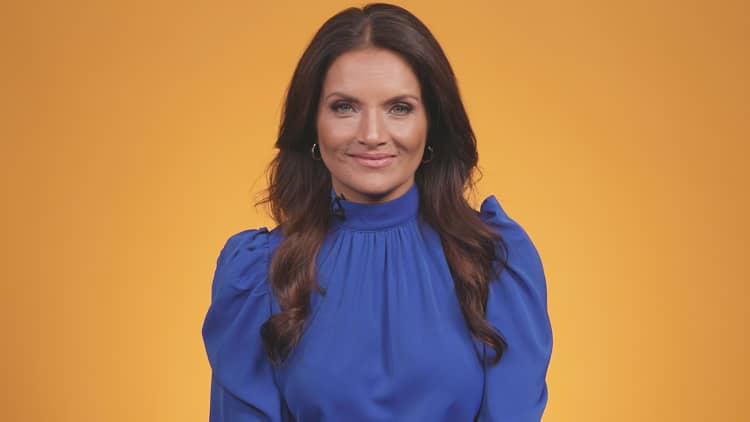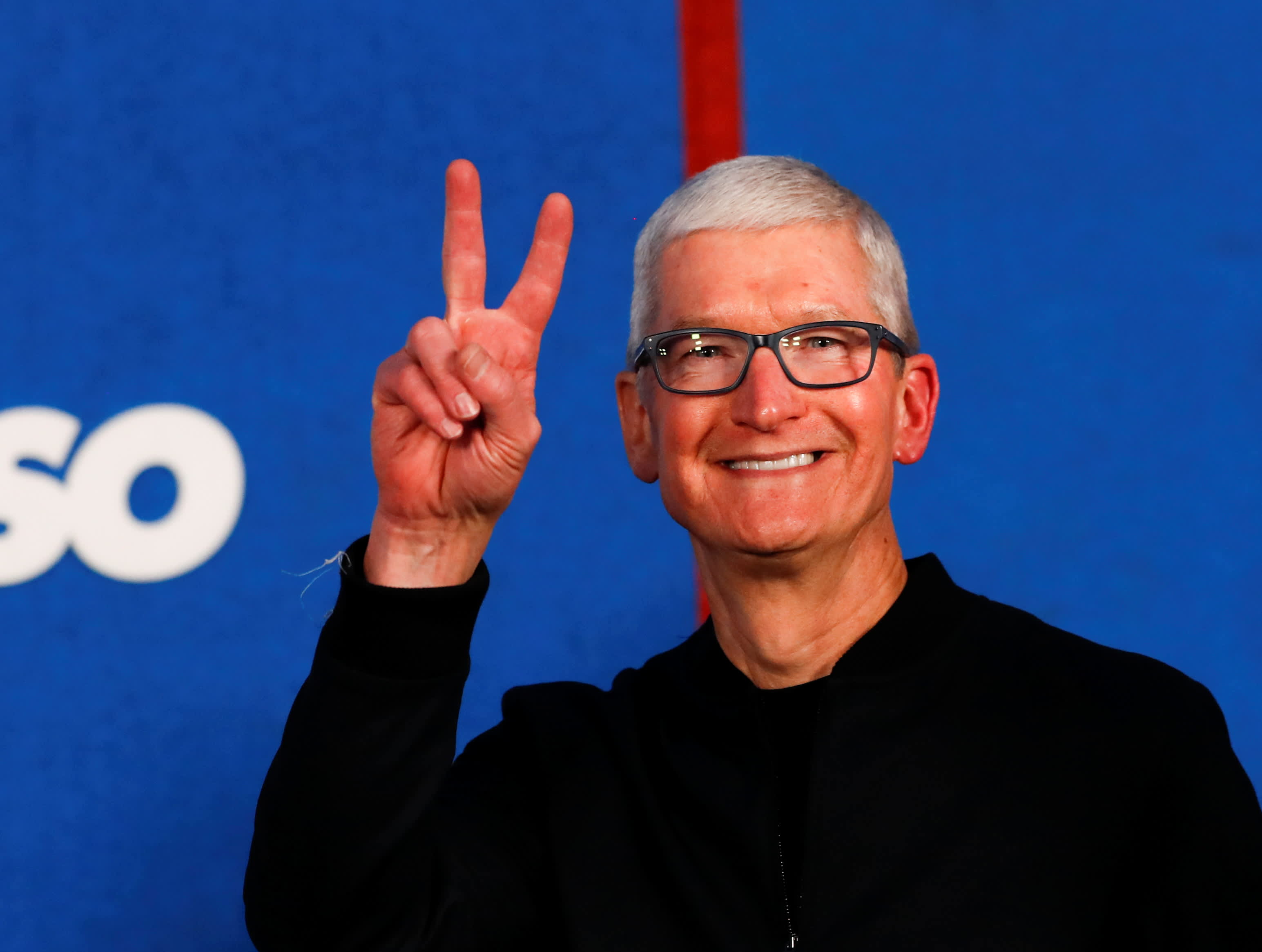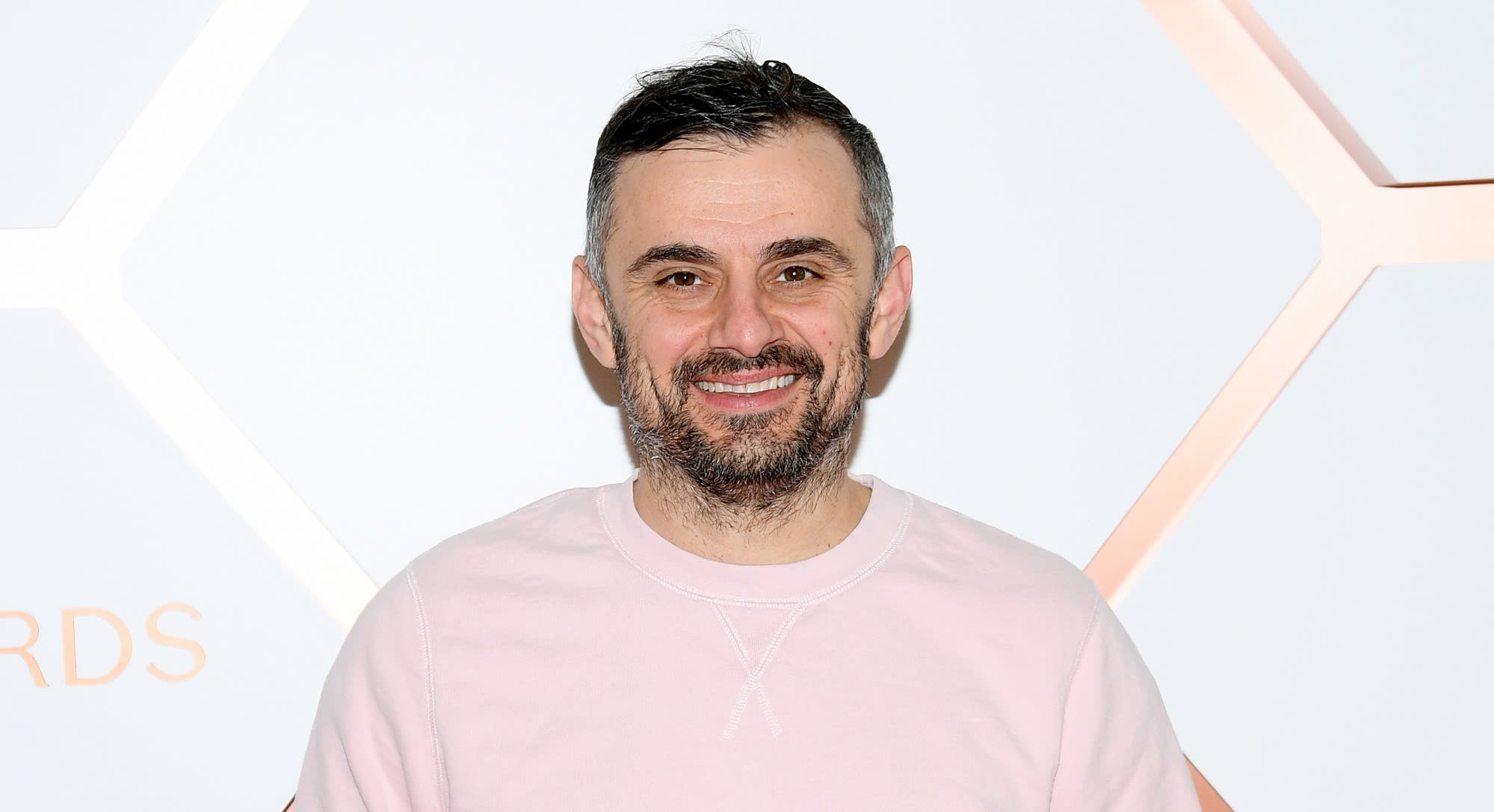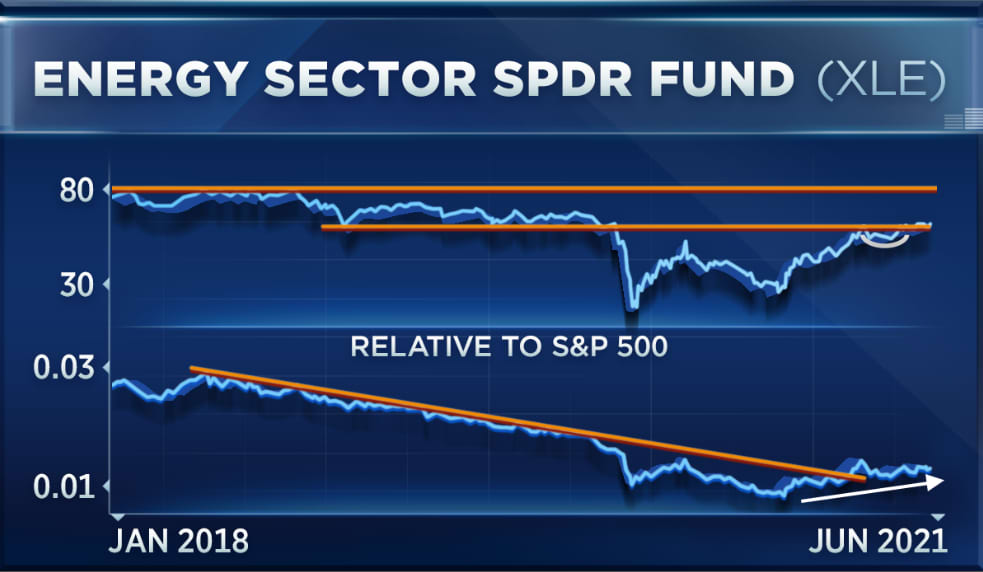14-year-old finished high school and college in 3 years while running 2 companies—why video games are part of his routine
Mike Wimmer's past few years have been busy, from running two tech companies to graduating college at age 14. Here's a secret to his productivity, he says.

Like many other college graduates this May, Mike Wimmer got dressed in a cap and gown, walked across a stage and received a diploma. Unlike those other graduates, Wimmer is 14 years old.
Wimmer, a Mensa member, is from Salisbury, North Carolina. He graduated from Carolina University this spring with a degree in computer science, capping a three-year run where he was named valedictorian of his high school before completing associate's and bachelor's degrees.
He did it while running two tech companies and starting another, sometimes getting commissioned by the U.S. military for his artificial intelligence and machine learning expertise. He also works with Atlantic Lionshare, a Bermuda-based organization aiming to protect underwater ecosystems by regulating the invasive lionfish species.
If Wimmer's life sounds busy, that's because it is.
But like any teenager, his daily routine includes a fair amount of what he calls "kid time" — playing car racing simulation games with friends, swimming, playing basketball or building Legos.
"People think, 'Oh, you've not had a childhood. You didn't do XYZ.' And that's not true," Wimmer tells CNBC Make It. "I did everything a normal high schooler did, I did everything a normal middle schooler did. I'm still a kid."
Some might view video games and basketball as distractions to work. Wimmer sees it differently, saying his hobbies are more helpful to his productivity than anything else. Here's why.
To stay social
When Wimmer's intelligence was tested before he started preschool, the child psychologist told his parents that he'd maxed out her IQ scale. Since then, he's been on an intellectual development fast track, skipping grades and completing year-long curricula in months.
That means he's usually "the youngest person in the room," he says, and his parents have never wanted him to be lonely.
"That is the one thing my parents have made me do," says Wimmer. "Make sure I'm still a kid."
By playing video games or discussing car racing with his friends, Wimmer stays grounded in the fact that he's still 14 years old, he says.
The hobbies are a perpetual reminder that he has a full life outside of his academic and professional achievements — especially since friendships and socializing are essential ingredients to happiness, research shows.
His parents, Melissa and Mark, also encouraged him to put himself out there in controlled social situations starting at age 3, from shaking hands with the captain of a cruise ship to ordering his own meal from a restaurant server.
"That's why he's so social today," says Melissa.
To 'completely clear my mind'
Wimmer and his friends love car racing simulation games, and he'll often play them during work breaks. He holds a "Class A license" in an online game called iRacing, he says — the game's second-highest ranking classification.
"To be good at it, you have to forget everything else and put your total focus on it," Wimmer says. "If I've been working on school or working on projects or anything else, I can just go up there and completely clear my mind."
Engaging in creative activities can help you recover from your workload and perform at a higher level, according to a 2014 study in the Journal of Occupational and Organizational Psychology. Having an outlet for leisure also corresponds to feeling more professionally engaged at work, researchers found in 2011.
In other words, an occasional distraction can be useful for productivity. It also reminds Wimmer that work should feel fun, he says.
After taking some time off to celebrate his college graduation, Wimmer says he's looking forward to jumping back into his businesses, especially the lionfish project in Bermuda.
He's developed an AI system named ALFREDD that helps Atlantic Lionshare's "Reef Sweeper" machine, equipped with cameras and harpoons, to automatically identify and hunt invasive lionfish, he says.
"I'm super excited about it," says Wimmer. "I'm going to have a lot of fun and get to spend some time in Bermuda, hopefully, and continue to explore the other opportunities for continuing my education as well in the future."
DON'T MISS: Want to be smarter and more successful with your money, work & life? Sign up for our new newsletter!
Get CNBC's free report, 11 Ways to Tell if We're in a Recession, where Kelly Evans reviews the top indicators that a recession is coming or has already begun.


 Koichiko
Koichiko 
































